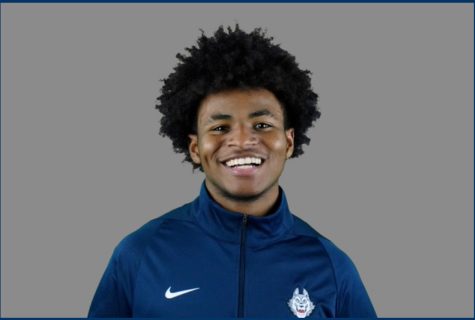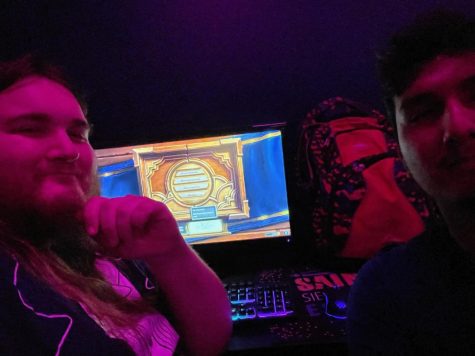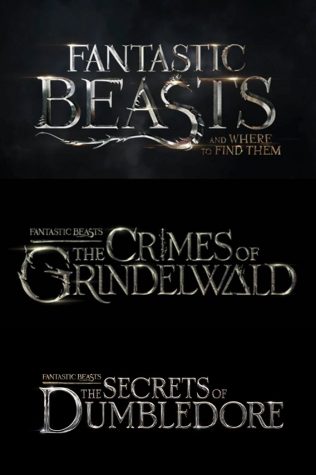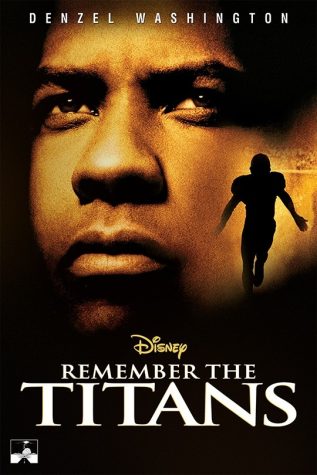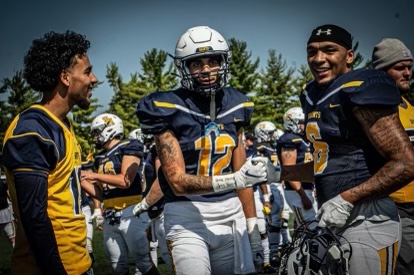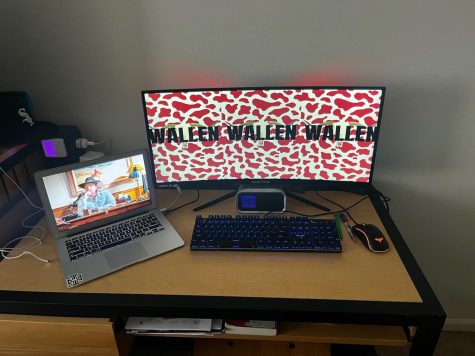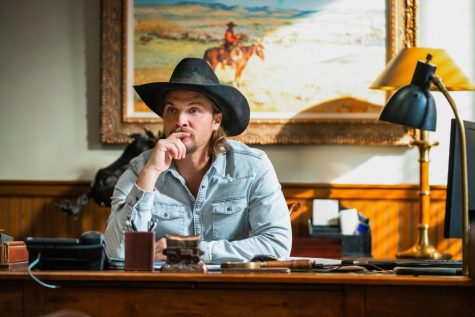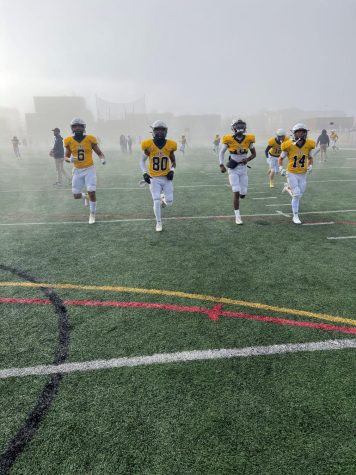Guest Opinion: Sarah Brausch
Theatre has a special way of bringing people together and making people think. It can educate, change, and inspire. Since the beginning of performance art, it has been used in this way. Early theatre was used to tell biblical stories, which are commonly tales of caution or morality.
The first experience I had with this sort of theatre was “Rent,” at 12 years old. I had no idea what AIDS was, and this musical helped to inform me of this issue that had been prevalent since the late 1970s.
Another experience with this around the same age was my experience with “Wicked.” Though on the outside it seems like a story about the witches of Oz, it is actually a tale with themes of prejudice and segregation which serve as justification for the actions of the musical.
This semester, Theatre Siena brought a show to the stage that connected to this semester’s theme of Justice. “Urinetown: The Musical” carried a lot more weight than it seems on the outside. What seems like a show about pee, and a world with laws that require you to pay for pee, is actually a cautionary environmental tale about justice and the greater good.
The musical’s focus is on the protagonist Bobby Strong, and his struggle to change the world he lives in. He is living in a world where governmental corruption, and corruption within corporations is prevalent. The corporations pay off the governmental agencies to see that things go their way. This is not all that different from the world we live in. A man like Donald Trump can lead the political polls just because he has the money to run, despite most believing he does not have the qualifications to run the country.
This show also goes back to the theme of justice because the plot heavily relies on the themes of distributive justice. In the show most of the resources are being distributed to the top 1 percent, and the poor suffer because of it. In the information age we live in, we are constantly bombarded with news. This show was important to bring to the stage because it reflects our world. A piece of social and political satire that exaggerates our way of life. Seeing a corporation with infinite power on stage reflects the overpowering materialistic society that we live in. Seeing the restless poor reminds me back to 2008’s Occupy Wall Street movement; the poor were restless because of the power and money of the 1 percent.
In the show, each side was villainized due to the perceptions of the people on each side. During Occupy Wall Street, the news villainized the poor for wanting change, and the 1 percent, wanting to keep their power, agreed with them. The 1 percent was villainized by the poor because of their situation. They wanted change, like the revolutionaries in the show, and this show should incite a want for change. Things haven’t changed much since 2008. It should incite people to want to do things for the good of the country and not just the rich.
Another show that we did a few years ago comes to mind, that focused on the themes of justice. It was “The Laramie Project: Ten Years Later.” This show reflected, 10 years later, on whether or not a community of people acted justly after the heinous murder of Matthew Shepard, who was killed for being homosexual. The play brought to life the themes of homophobia, and gay rights and hate crimes. These were important to bring to the stage because they are common themes in our everyday world. Gay rights have been a prevalent issue my entire life. Since we performed this show, gay marriage has been made legal. This was a huge stride for the people of that community.
Theatre should educate and be an experience that changes the mindset of the people involved and the community who experiences it. The shows that we perform at Siena are often filled with deeper themes, and I believe they are truly thought-provoking in a world that needs more thought-provoking media.

